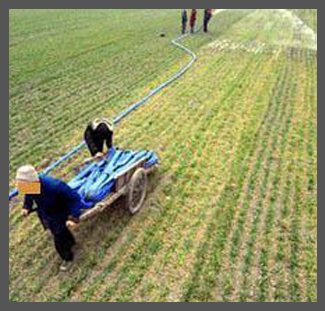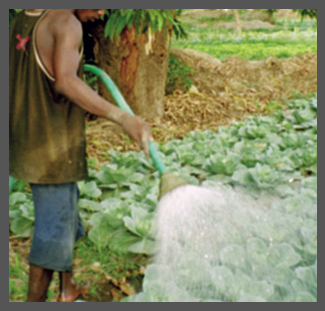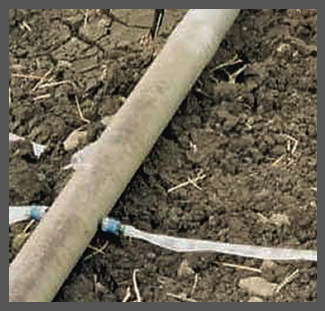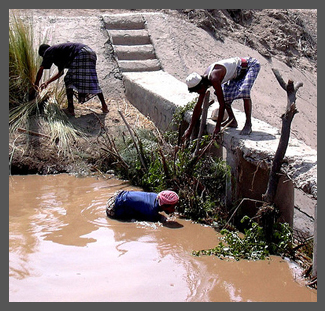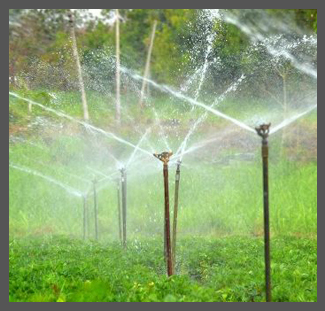Difference between revisions of "Surface irrigation"
| Line 1: | Line 1: | ||
| − | {{Language-box|english_link=Surface irrigation - general|french_link=L’irrigation de surface – généralités|spanish_link=Coming soon|hindi_link=Coming soon|malayalam_link=Coming soon|tamil_link=Coming soon | korean_link=Coming soon | chinese_link=Coming soon}} | + | {{Language-box|english_link=Surface irrigation - general|french_link=L’irrigation de surface – généralités|spanish_link=Coming soon|hindi_link=Coming soon|malayalam_link=Coming soon|tamil_link=Coming soon | korean_link=Coming soon | chinese_link=Coming soon | indonesian_link=Coming soon | japanese_link=Coming soon}} |
<br> | <br> | ||
Revision as of 01:50, 6 May 2015
| |
|
|
|
|
|
|
|
|
Field experiences
The following project(s) is utilizing surface irrigation techniques.
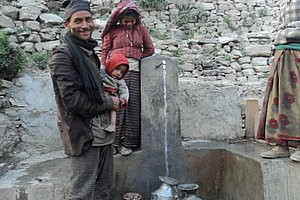 Community Health and Development Project |
Surface irrigation links
- Water use efficiency from Agriwaterpedia.
- In pictures: Niger's hunger-fighting trees. A photographic explanation of how the moringa tree is drought-resistant and providing a consistent food supply.
- Irrigation uses many different pumps. With several irrigation pumps to chose from, some are commercial, while others are easy to build from local materials.
- Large wiki on water use for agriculture: Agropedia
a pedal-powered pump and drip system |
Smallholder irrigation could change the lives of millions of people
Smallholder farmers in sub-Saharan Africa and South Asia are increasingly using small-scale irrigation to cultivate their land. Individually owned and operated irrigation technologies improve yields, reduce risks associated with climate variability and increase incomes, allowing farmers to purchase food, health care and education. There is great potential for many more farmers to benefit from small-scale irrigation. This report presents governments, donors, lending institutions, the private sector and farmers with the opportunity to make well-informed decisions about investments in agricultural water management (AWM) that could change the lives of millions of rural people.
- Water for wealth and food security: Supporting farmer-driven investments in agricultural water management. 2012 study by AgWater Solutions.
